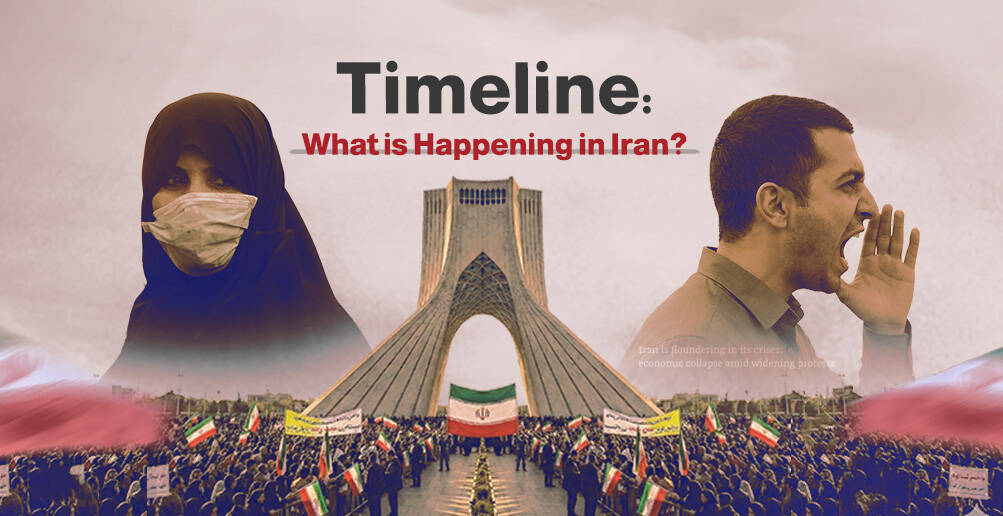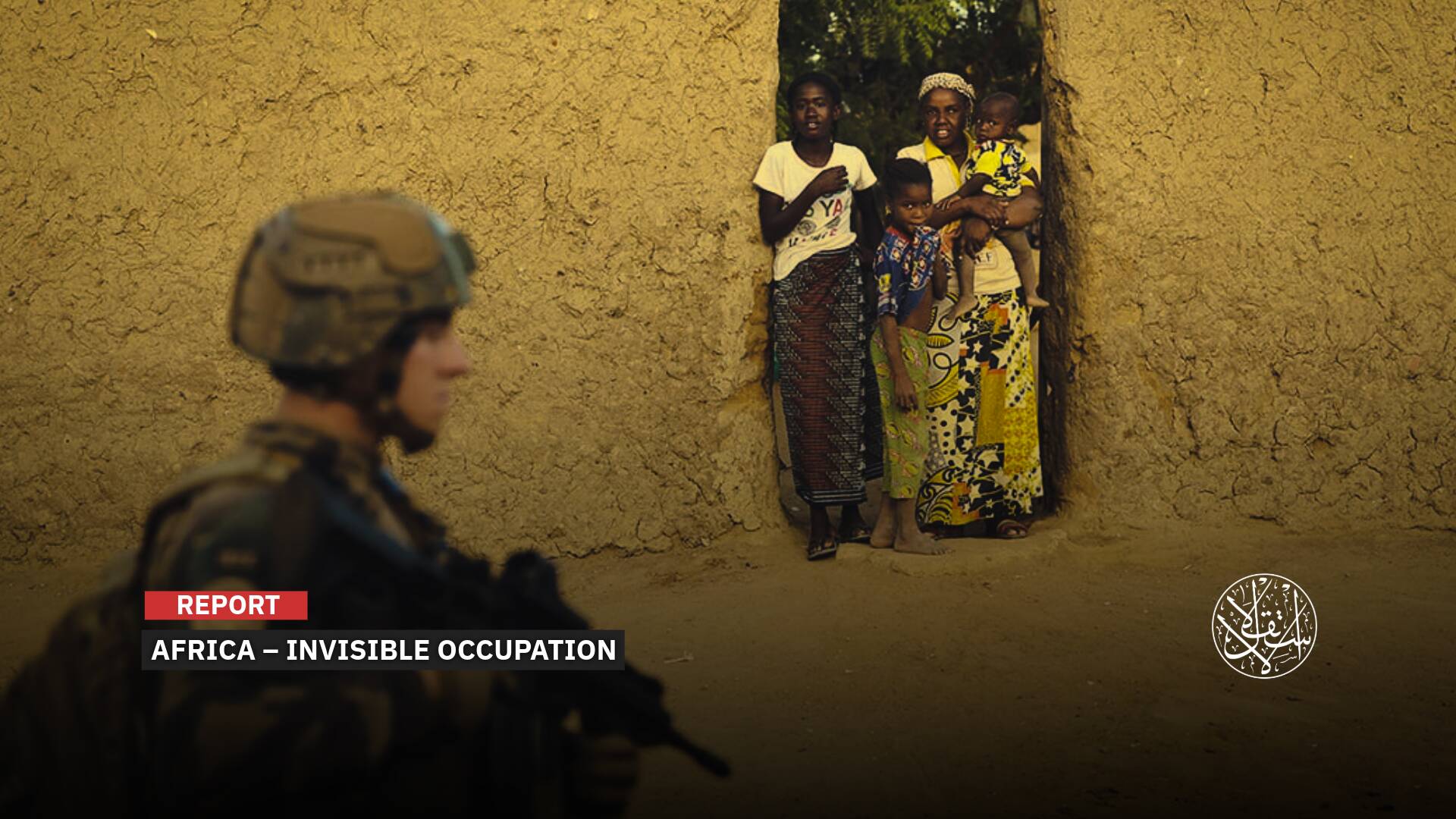Ali Aslan; a Syrian Military Major General Rewarded by Assad for His Massacres against Syrians

Major General Ali Aslan, one of the most prominent veterans of the Syrian Regime for 7 decades, held several high positions, the most recent of which was a military advisor in the presidency of Bashar al-Assad's Regime.
On June 24, 2021, he was awarded the Order of Merit of the Excellent Class “in honor of his services.”
Assad's reward for the former chief of staff, Aslan (89 years), it happened within a special ceremony and in the presence of a group of officers and commanders in the Regime’s Army at the presidential palace in the capital, Damascus, according to a statement issued by the media presidency of the Regime.
Brotherhood Suppression
The Regime’s statement on June 24, 2021, which praised “Aslan” and stated: “Major General Ali Aslan is one of those leaders who the Syrian land has known, he was generous to its ground in thought and deed for 7 decades, he was the brave fighter and the skillful officer in the arenas of confrontation.”
But Aslan's history while serving in the Regime's army proves the opposite, he was one of the military leaders who committed a massacre against the people in the cities of Homs and Hama, when the “Muslim Brotherhood” uprising was suppressed in 1982.
This massacre against the Islamic group, which was perpetrated by the Regime’s Army, led by Rifaat al-Assad, brother of Hafez al-Assad, the head of the Regime at that time, led to the death of 40,000 victims, according to statistics by the “Syrian Human Rights Committee.”
The Regime's media praises Aslan's “achievements,” alleging that he is one of the leaders of the wars against the “Israeli” occupation army, the “Battle of Beirut Unification” is attributed to him after the civil war that began in 1975 and until 1990.
The Regime's media also attributed to Aslan, books, and military theories that it claims have “proved their usefulness” during the battles, the Regime's Army fought in the wars against the “Israeli” occupation and the forces of terror.

Alawi Origin
Ali Hussein Saqr Aslan, born in 1932 in the coastal city of Latakia, he originates from an Alawite family that is related to the Assad family, he is married and has 3 sons and one daughter.
He joined the Military College in 1952, where he was trained at the Homs Military Academy and continued his training in the Soviet Union, then he was appointed commander of the Syrian Eighth Infantry Brigade in October 1966.
He was one of the supporters of the coup led by Hafez al-Assad in November 1970, he was appointed head of the 1st and 5th Infantry Division in the Regime's army.
In 1972, he was appointed head of the Operations Office in the General Staff of the Regime's Army, which participated in the October 1973 battles against the “Israeli” occupation in the southern and central Golan Heights.
Then he became responsible for the Regime's Army unit participating in Lebanon during the period between 1976 and 1979, and supervised the Syrian forces there, at the beginning of the eighties, Aslan became Deputy Chief of Staff and Chief of Operations.
After that, he was appointed commander of the Second Corps, he was promoted to first team rank in July 1984, then he was appointed assistant chief of staff of the Regime's army in 1989.
Aslan was promoted to Chief of Staff on July 5, 1998, Aslan became the main negotiator for arms trading with suppliers around the world, including Russia, China, Armenia, North Korea, and Iran, as well as military treaties with Japan and several Eastern European countries.
After the death of Hafez al-Assad in 2000, Aslan was among a 9-member committee that was formed to oversee the transitional period, in addition he became a member of the Central Committee of the “Ba'ath” party in the summer of 2000.
Aslan was one of the senior officials who secured the rule of “Bashar al-Assad”; However, he was relieved of his position as Chief of Staff of the Regime's Army after disagreements with Assad's sister husband, Assef Shawkat, over personal changes.
After that, Aslan was replaced by his Deputy, Hassan Turkmani, Aslan was later appointed as a Military Advisor to the president of the Regime, then he was dismissed in June 2005 from the Central Committee of the Ba'ath party and retired from politics.
Butcher's Father
In continuation of Aslan's march which full of massacres against the Syrian people, his son, “Aous,” who holds the rank of Major General in the Regime's Army, assumed command of the Second Corps at the end of 2016, after he was Deputy Commander of the Fourth Division and brother of the head of the Regime, Maher al-Assad in 2015.
Relying on his father, Aous entered the Military College accompanied by Basil al-Assad (the late brother of President Bashar al-Assad), he graduated with the rank of first Lieutenant Engineer, he currently enjoys influence in the military establishment, being the son of the former Chief of Staff of the Regime's Army.

In 2011, Aous was commander of the 40th Tank Brigade of the Fourth Division, with the rank of Brigadier General, as Major General Aous -who has no picture on the Internet- bears responsibility (in association with Major General Jamal Younis and Brigadier General Jawdat Al-Safi, as well as Maher Al-Assad, who was the commander of the 42nd Tank Regiment) for the massacres that were committed during the breaking in the cities of Moadamiya al-Sham and Daraya in Damascus countryside, according to the report of the “Pro Justice” platform of the Syrian opposition.
A Human Rights Watch report on December 15, 2011, referred to the practices of the Regime forces under the leadership of Aslan in imposing a long and permanent siege on the city of Moadamiya al-Sham, this forced its people to eat the leaves of the trees, and his forces sniped anyone trying to get out or enter it.
The “40 Tank Brigade” led by Aous participated in breaking in Daraa, Baniyas and Zabadani, and killing thousands of civilians, it also participated in breaking in Barzeh and Tishreen neighborhoods, and the cities of Damascus countryside such as Harasta and Saqba, the Qudsaya suburb, Al-Hama, and Wadi Barada in early 2017.
As a result of his main role in killings and committing horrific violations against civilians, Major General Aous has been subject to US, European and British punishments.









